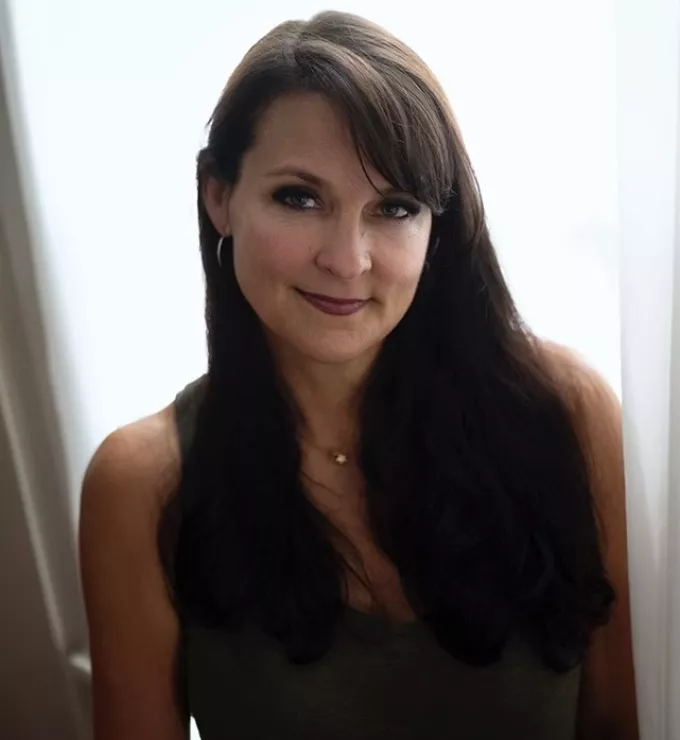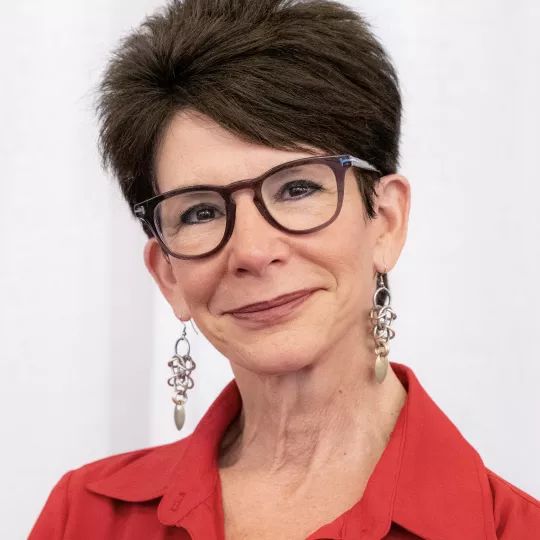Treating Addictions with EMDR Therapy: A Path to Reconnection

March 4, 2023 11:30 am - 4:00 pm ET
March 10, 2023 11:30 am - 4:00 pm ET
Free Follow-up Q & A on April 14, 2023
with Hope 11:30 am - 1:00 pm ET
Review of the training recording will be made available for registered participants for 90 days from the last training date.
202-364-3637
admin@emdrtherapy.com
This specialty advanced training with practice is designed for EMDR therapists who treat complex trauma and are grappling with how to address a client's substance abuse and behavioral addictions. Your trainer is Hope Payson, a leading expert in treating trauma and addiction with EMDR therapy. Join her and her guest speakers to examine the individual, relational and cultural factors that increase a client’s vulnerability to addictive disorders—with a specific focus on the link between complex trauma and addictions. This training will cover common assessment challenges, addiction-specific resources, trauma and addiction focused history-taking as well as stabilization strategies that will help you work most effectively with your clients. So, whether you're a novice in treating addictions or you're looking to up your game, this course will take you to the next level as an EMDR therapist working with addictions and compulsive behaviors.
Here's What to Expect
This training combines lecture and discussion with real case presentations and clinical video clips, experiential exercises, and ample time for Q & A. It also includes special tools and worksheets to guide your practice of applying EMDR therapy for addictions and compulsive behaviors with your own clients. You will walk away with:
- an understanding of how trauma can increase vulnerability to addiction
- the pros and cons of addressing active addiction versus waiting until a client is abstinent
- specific questions to help you assess a client’s readiness for reprocessing
- how to take a complex trauma/addiction-sensitive history
- applying motivational interviewing techniques to assess stages of change
- a recognition of the most common resourcing needs of clients with histories of complex trauma and addiction
- the ability to prepare a flexible, comprehensive EMDR therapy trauma-addiction treatment plan
- addiction-specific resources to use for stabilization during any stage of change
- how to address maladaptive positive feeling states, body sensations, irrational thinking about addictions and avoidance defenses
- an understanding of how and when to use the standard protocol versus specialized addiction protocols to address the client's difficulties
Meet Your Trainer
Hope Payson
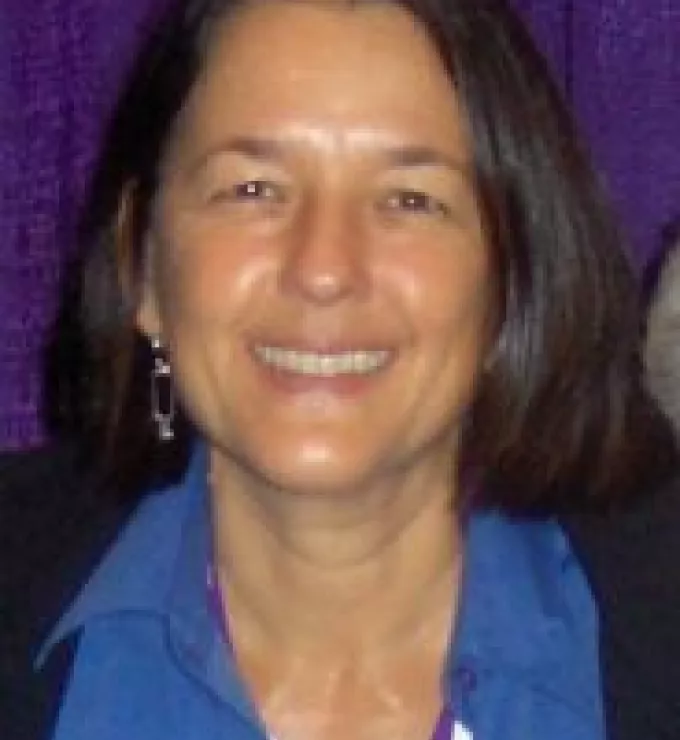
Hope Payson, LCSW, LADC is a widely respected expert in the treatment of addiction and trauma. She brings over 30 years of clinical experience in community mental health and addictions treatment to her professional work. She is a trainer, consultant and highly sought-after presenter for conferences in the US and around the world. She also helps treatment programs integrate EMDR therapy in all phases of their treatment programing. She produced the documentary film exploring the connection between trauma and addiction, “Uprooting Addiction: Healing From the Ground Up.” We are proud to have Hope as part of The Center’s adjunct faculty.
Practice Facilitators and Guest Speakers
Alicia Peña LMHC
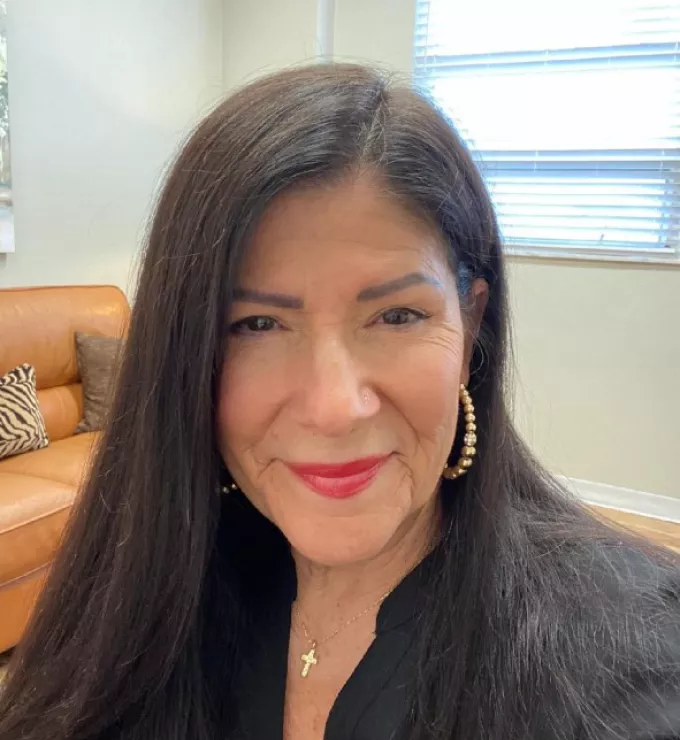
Amanda Pedro M.Sc, M.B.Ps.S.
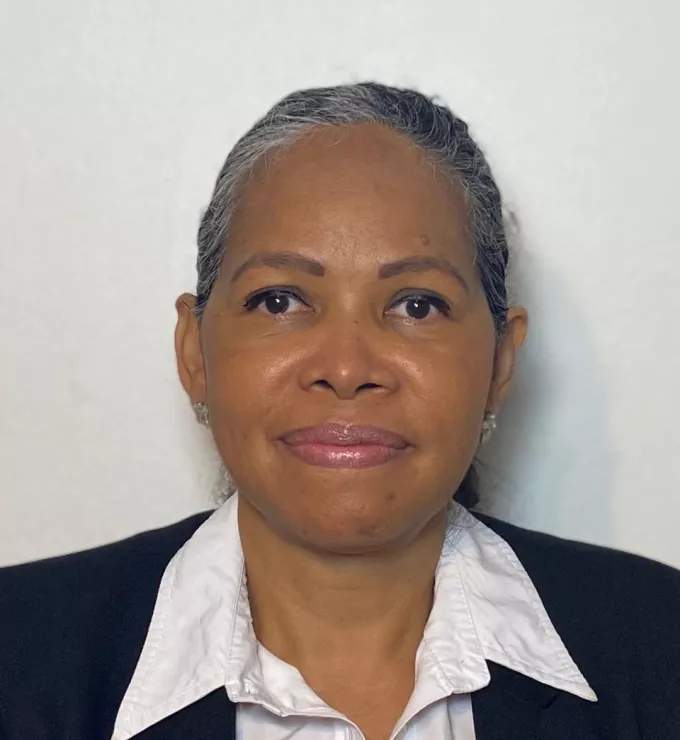
John Goldman LCSW, CAADC
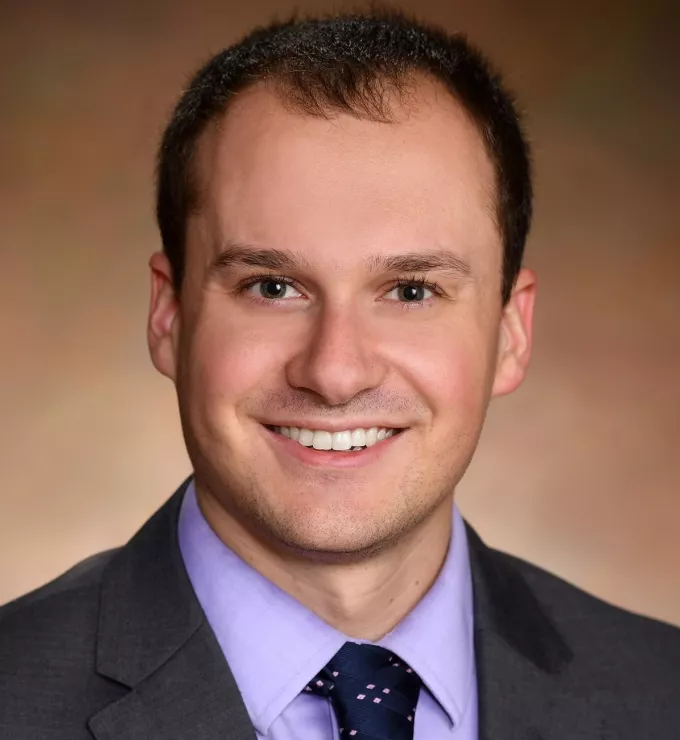
Vincent Kelly MS, CRC, LMHC
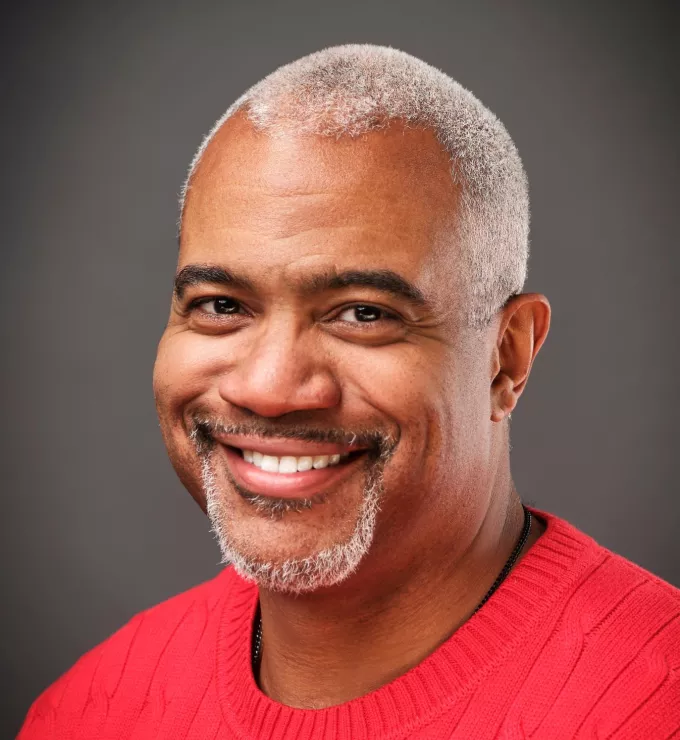
Rehna Becker, LCSW
